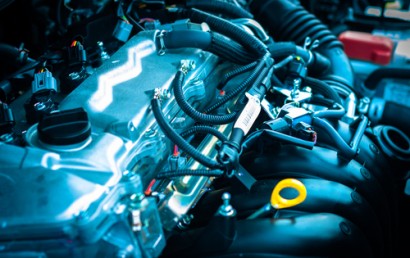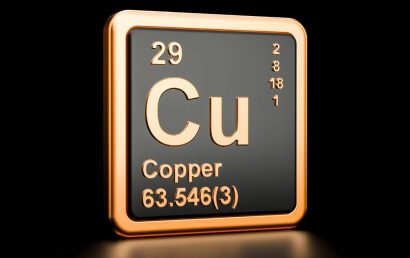Understanding Anti-Galling Treatments For The Gas And Oil Sector
In the gas and oil industry, equipment durability and reliability are vital. A key challenge is preventing galling, a type of wear caused by metal surfaces sliding against each other under pressure. Anti-galling treatments play a significant role in maintaining equipment performance, reducing maintenance costs, and extending the lifespan of components in harsh environments.
What is Galling?
Galling is a type of surface damage that happens when metal parts bond to each other under heavy pressure during movement. It often results in tearing or welding of metal surfaces, causing severe damage. This issue is particularly common in threaded connections, valves, and fittings used in the gas and oil sector, where high loads, friction, and corrosion are regular challenges.
Without proper protection, galling can lead to equipment failure, operational downtime, and expensive repairs. These treatments are designed to prevent this by providing a protective barrier that minimizes direct metal-to-metal contact.
Why Anti-Galling Treatments are Essential in the Gas and Oil Industry
The harsh conditions in the gas and oil industry demand reliable equipment that can withstand extreme pressures, temperatures, and corrosive environments. Anti-galling treatments are especially important in this sector for several reasons:
- High-Pressure Environments: Drilling, extraction, and refining equipment operates under intense pressure. Galling can compromise the structural integrity of components, potentially causing malfunctions. Anti-galling treatments help parts withstand high pressure without bonding or surface damage.
- Corrosive Conditions: Exposure to corrosive substances like saltwater and chemicals accelerates wear and tear. Components treated with anti-galling coatings are better equipped to resist these harsh conditions, extending the lifespan of critical equipment.
- Friction Reduction: Galling increases friction between moving parts, leading to excessive heat and wear. By applying anti-galling treatments, friction is reduced, improving efficiency and preventing excessive wear.
How Anti-Galling Treatments Work
Anti-galling treatments work by creating a thin barrier on the surface of metal components. This barrier can be in the form of coatings or surface modifications that enhance the metal’s resistance to friction, heat, and pressure. Common types of anti-galling treatments include:
- Coatings: Specialized coatings, such as tungsten carbide or other hard metals, are applied to create a tough, wear-resistant surface. These coatings minimize friction and prevent metal surfaces from bonding during use.
- Lubricants: Some anti-galling solutions involve the application of solid lubricants that create a permanent low-friction surface. These can be particularly useful for threaded components, where smooth assembly and disassembly are crucial.
- Surface Hardening: Techniques such as heat treatment or surface nitriding can be used to harden the surface of metal components, making them more resistant to galling. These methods improve the durability of parts that experience heavy loads or high temperatures.
Applications in the Gas and Oil Sector
Treatments are commonly used in various critical components in the gas and oil sectors. These include:
- Threaded Connections: Anti-galling treatments are essential for threads on pipes, valves, and fittings to prevent seizing during assembly or disassembly.
- Valves and Seals: Valves and seals in high-pressure systems are prone to galling. The treatments help maintain the integrity of these components, reducing the risk of leaks or failures.
- Bearings and Shafts: Rotating parts like bearings and shafts benefit from the treatments, allowing smooth operation under heavy loads and high friction.
Enhancing Equipment Reliability and Longevity
With extensive experience in surface treatments for the gas and oil industry, we provide tailored anti-galling solutions to fit your specific operational needs. Our treatments enhance component performance and durability, allowing parts to withstand high-pressure environments and significantly reducing the risk of galling.
We can assist with selecting the most suitable anti-galling treatment for your equipment, improving the longevity of your operations and minimizing costly downtime. Contact us today to learn more about how our solutions can support your business.



